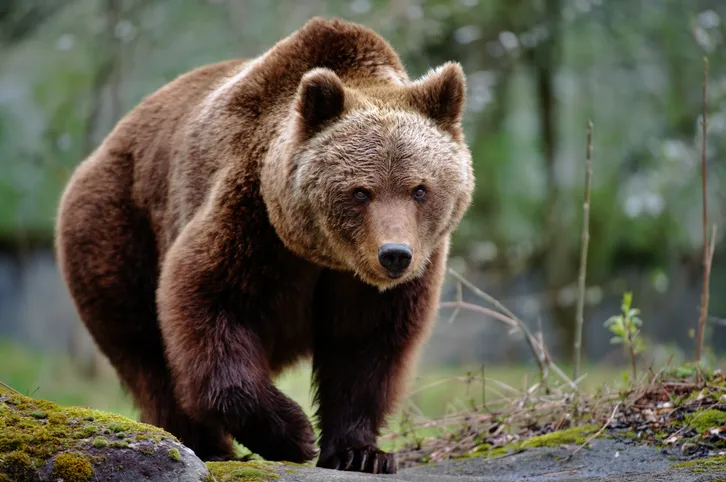In Florida, a controversial bill dubbed the “cocaine bear bill” is sparking heated debate as it aims to grant residents the right to defend themselves against aggressive bears without facing legal repercussions.
Championed by State Rep. Jason Shoaf, the bill seeks to provide Floridians with the assurance that they can protect their families, homes, and pets from potential bear threats without fear of legal consequences. Officially known as SB-632 or “The Taking of Bears,” the legislation gained traction in the state Senate after modifications were made to ensure it does not shield individuals who lure bears for hunting purposes.
Shoaf’s use of colorful language, such as referring to “crack bears,” has drawn attention to the bill. However, he clarified that the term is a colloquial expression commonly used in his hometown to describe erratic behavior, rather than indicating actual substance use by bears. Despite the catchy nickname, the bill addresses a pressing issue: the escalating conflicts between humans and bears across Florida.
Critics, including Democratic Sen. Tina Polsky, express concerns that the bill could potentially lead to an increase in bear fatalities. They argue for exploring alternative approaches to managing human-bear interactions, such as implementing better waste management practices to deter bears from residential areas.
Conversely, supporters of the bill, including Shoaf, emphasize the paramount importance of prioritizing human safety. They assert that the bill is necessary to provide residents with the means to defend themselves in situations where their lives or the lives of their loved ones are at risk due to bear encounters.
This debate reflects broader discussions surrounding wildlife conservation and the coexistence of humans and animals. While all parties agree on the importance of protecting Florida’s black bear population, there are differing opinions on the most effective strategies to achieve this goal.
As the bill progresses through the legislative process, stakeholders on both sides will continue to advocate for their perspectives, contributing to an ongoing dialogue about the balance between human safety and wildlife conservation efforts in the Sunshine State.















































